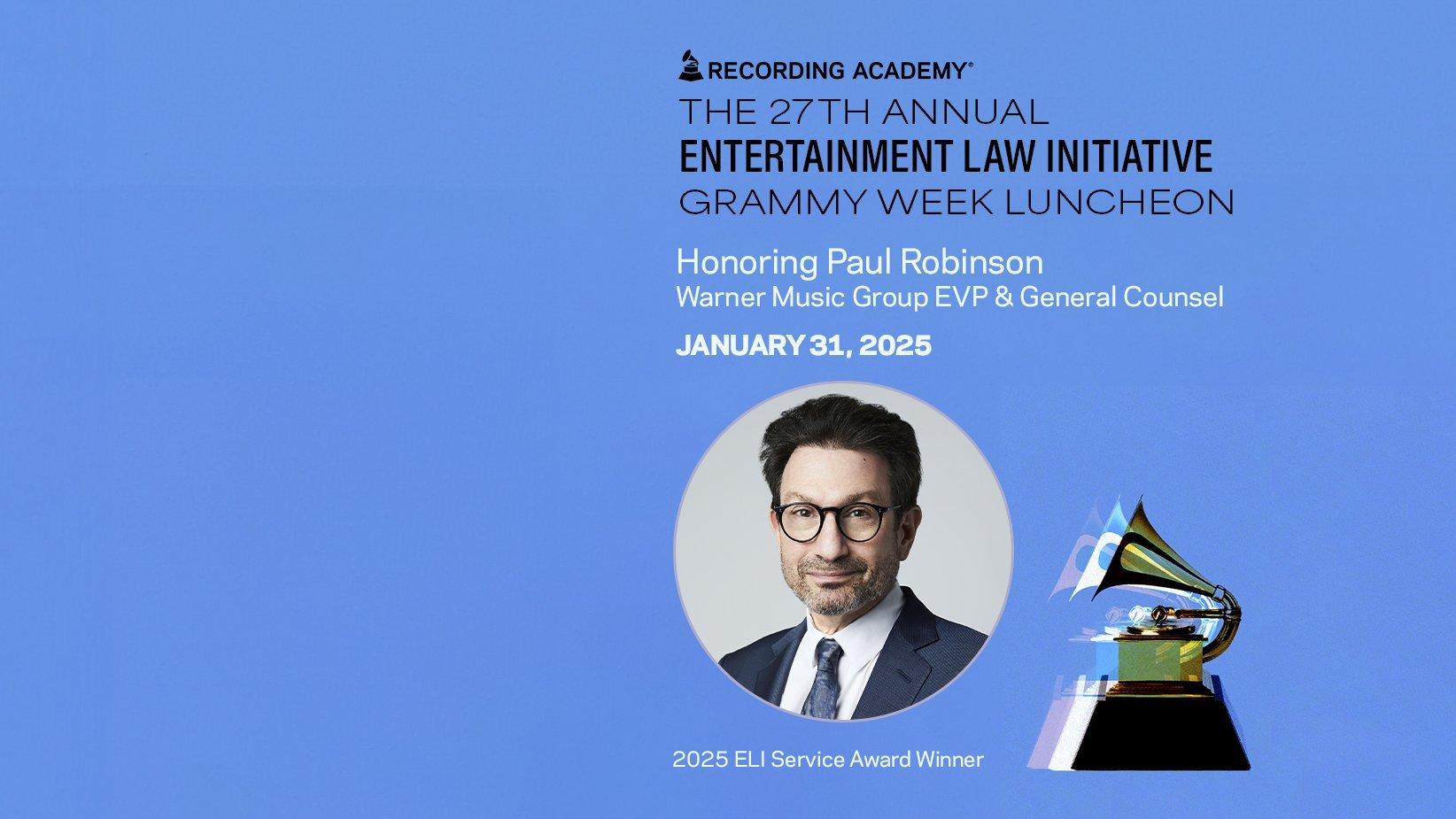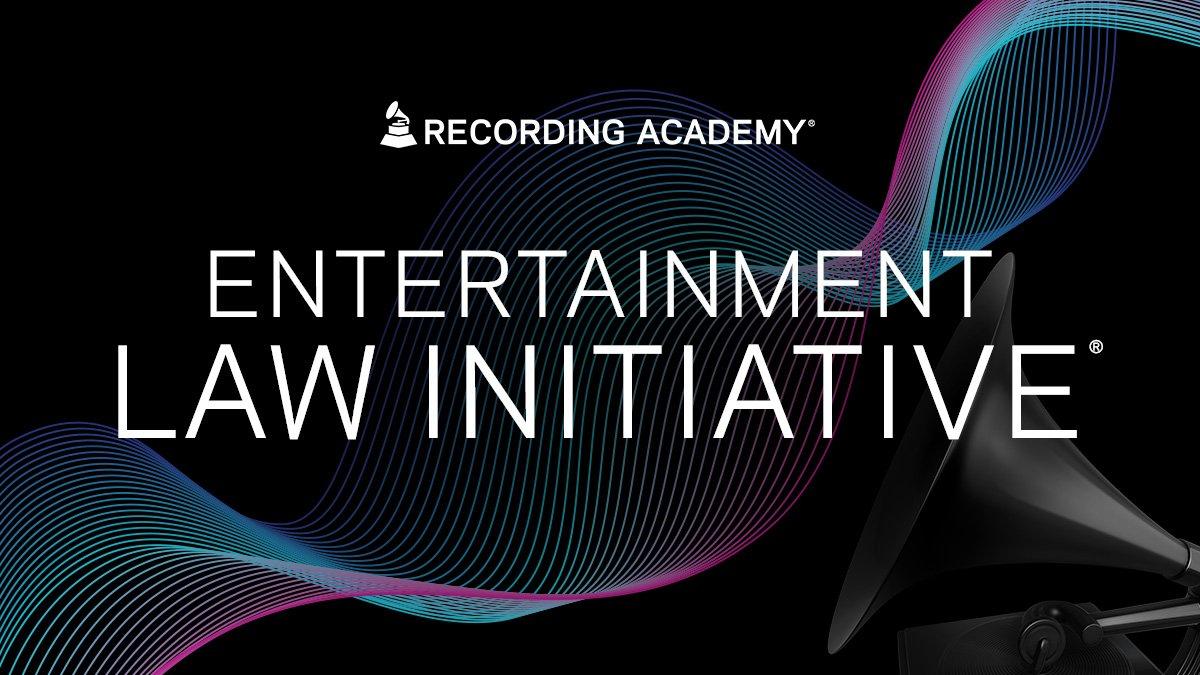Diving into the Entertainment Law Initiative
So, I decided to jump into the Entertainment Law Initiative, or ELI as folks call it. Heard about it floating around, maybe saw something online or a bulletin board posting. Didn’t think much of it initially, just another one of those things law students can do.
But the topic for that year grabbed me. It was something about how artists get paid in the streaming era, a real messy area I was sort of interested in. I thought, okay, maybe this is a good way to actually get my hands dirty with entertainment law stuff, instead of just theory. Seemed practical, you know?

Getting Started: The Rules and the Topic
First up, had to really understand what they wanted. Downloaded the guidelines, the prompt, all that jazz. You always gotta read the fine print. Had to figure out the exact question, the word count, the formatting, and of course, the deadline. That deadline looked pretty comfortable at first glance, but time flies when you’re digging into legal details.
Breaking down the actual topic took some time. It wasn’t just a simple question; you had to really think about different angles, the stakeholders involved – artists, labels, streaming platforms, publishers. It felt a bit overwhelming just outlining it.
The Grind: Research and Writing
Then came the real slog: the research. Man, I thought I had a decent grasp on music streaming, but the legal side? That’s a whole different beast. Spent hours, maybe days, just trying to wrap my head around copyright law specifics, different types of royalties, and how contracts work in this space. Found myself reading dense articles, court case summaries, industry reports. Lots of late nights fueled by cheap coffee.
Putting words on the page was the next challenge. Trying to organize all that research into a coherent argument that actually made sense. There were definitely moments where I just hit a wall. Staring at a blank page, wondering how to connect point A to point B. Wrote paragraphs, deleted them, rewrote them. It’s messy work, writing something substantial from scratch.
- Reading case law on digital royalties.
- Trying to understand publishing splits.
- Structuring the argument logically.
- Lots of editing and rephrasing.
Didn’t really show drafts to many people. Kind of just kept grinding on it myself, tweaking sentences, checking citations. That part felt never-ending. You read it so many times you can’t even tell if it’s good anymore.
Finishing Up and Looking Back
Finally got it to a place where I felt okay about it. Not perfect, never perfect, but done. Did one last proofread, made sure it met all the submission requirements. Uploading that file was a relief. Clicked submit, and boom, it was out there. Nothing more I could do.
Didn’t place or win anything fancy, by the way. But looking back, that wasn’t the most important part. The real value was going through the whole process. It forced me to deeply engage with a complex, current issue in entertainment law. Much deeper than any class paper ever did.

I learned a huge amount about the specific topic, obviously. But I also got better at research, at building a sustained legal argument, and just managing my time on a bigger project. It definitely confirmed my interest in this field. Made it feel more real, less academic.
So yeah, it was a ton of work for what was essentially just participating. But it was practical experience, and that’s hard to come by. I’d probably encourage others to try something similar if they’re curious about a specific area of law. Sometimes you just gotta dive in.













